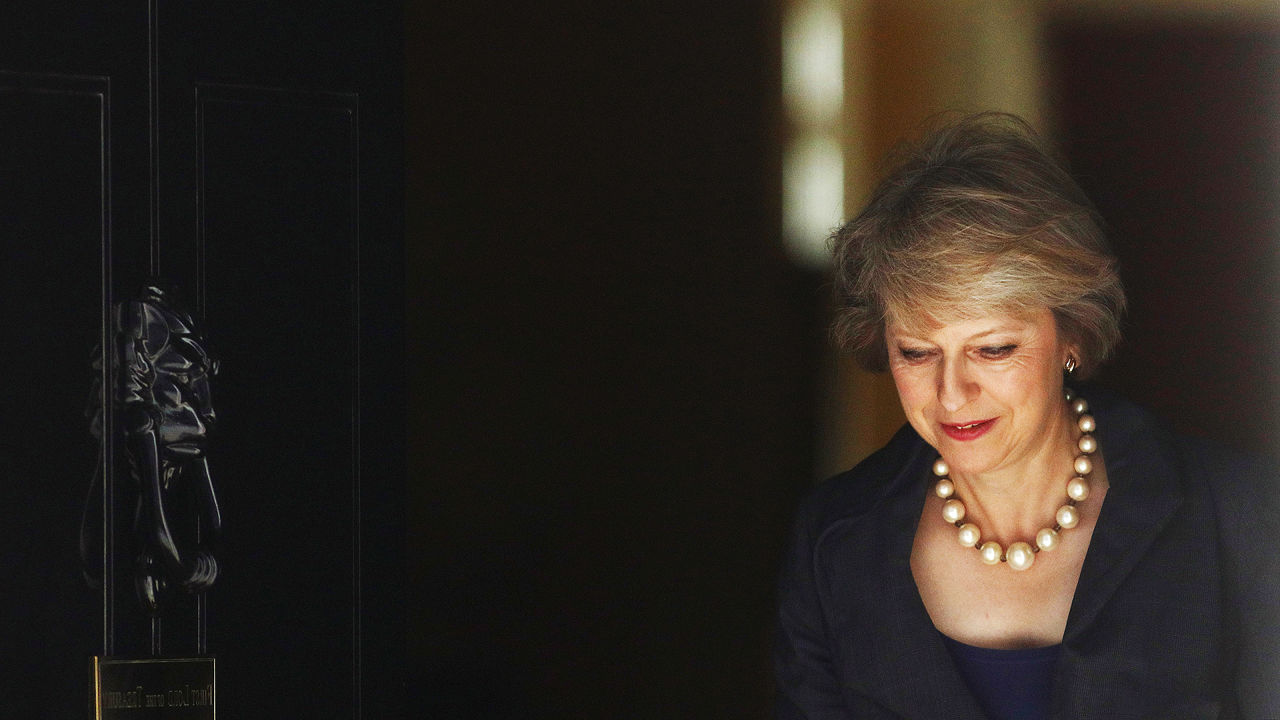The U.K.’s New Prime Minister Wants To Transform How Businesses Run
Change is afoot in the United Kingdom, which last month voted to break with the European Union amid a wave of working-class frustration and renewed nationalism, sending stocks tumbling and forcing Prime Minister David Cameron to resign.
After weeks of alliance forming and intrigue, leader of the Conservative Party Theresa May has taken over from Cameron.
By Parliament’s standards, she is a moderate. But in a sign of the times, May has aligned herself with pro-labor reforms that would raise eyebrows in conservative U.S. political circles. Most notably, earlier this week she came out in favor of installing employees on corporate boards, a practice called “codetermination” that is already required in countries such as France and Sweden.

“It is not anti-business to suggest that big business needs to change,” May said on Monday, as she outlined the proposal as part of a campaign speech. “If I’m prime minister . . . we’re going to have not just consumers represented on company boards, but workers as well.”
Minutes later, Andrea Leadsom, her last remaining rival for the job, conceded the contest.
May did not elaborate on her proposal, and many analysts have dismissed her reference to consumers as imprecise and unenforceable. But corporate governance models involving employee representation have gained momentum in Europe, with the idea that such boards are more likely to curb executive pay and respond to workers’ demands.
Whether that idea holds water depends on what you read. The Times of London was quick to note that C-suite pay has “spiralled to new heights” in Germany, which requires a two-tier board structure involving employees at large companies. CNN, in contrast, points to the model as the reason for Germany’s manufacturing growth.
Business leaders in Britain sounded a cautious note following May’s remarks. “These items would not be at the top of businesses’ wish lists right now,” Tim Thomas, director of employment and skills policy at a manufacturing trade association, told the Financial Times.
“It sounds fair, if worryingly European, but can backfire badly,” Sam Bowman, executive director of the Adam Smith Institute, wrote in the Telegraph, pointing to scandal-plagued Volkswagen as an example.
As for the U.S., it’s unlikely that May’s proposal would find a welcome reception here. American policymakers have shown little interest in setting aside board seats for women, as many European countries have done—despite research suggesting that female representation improves company performance.
With employee representation, the data is even murkier. But if May’s proposal moves forward, researchers will have a new set of companies to study, and potentially a stronger case.
related video: “You Have To Have Big Ideas:” New York’s Chief Digital Officer talks about combining technology and government
Fast Company , Read Full Story
(38)














